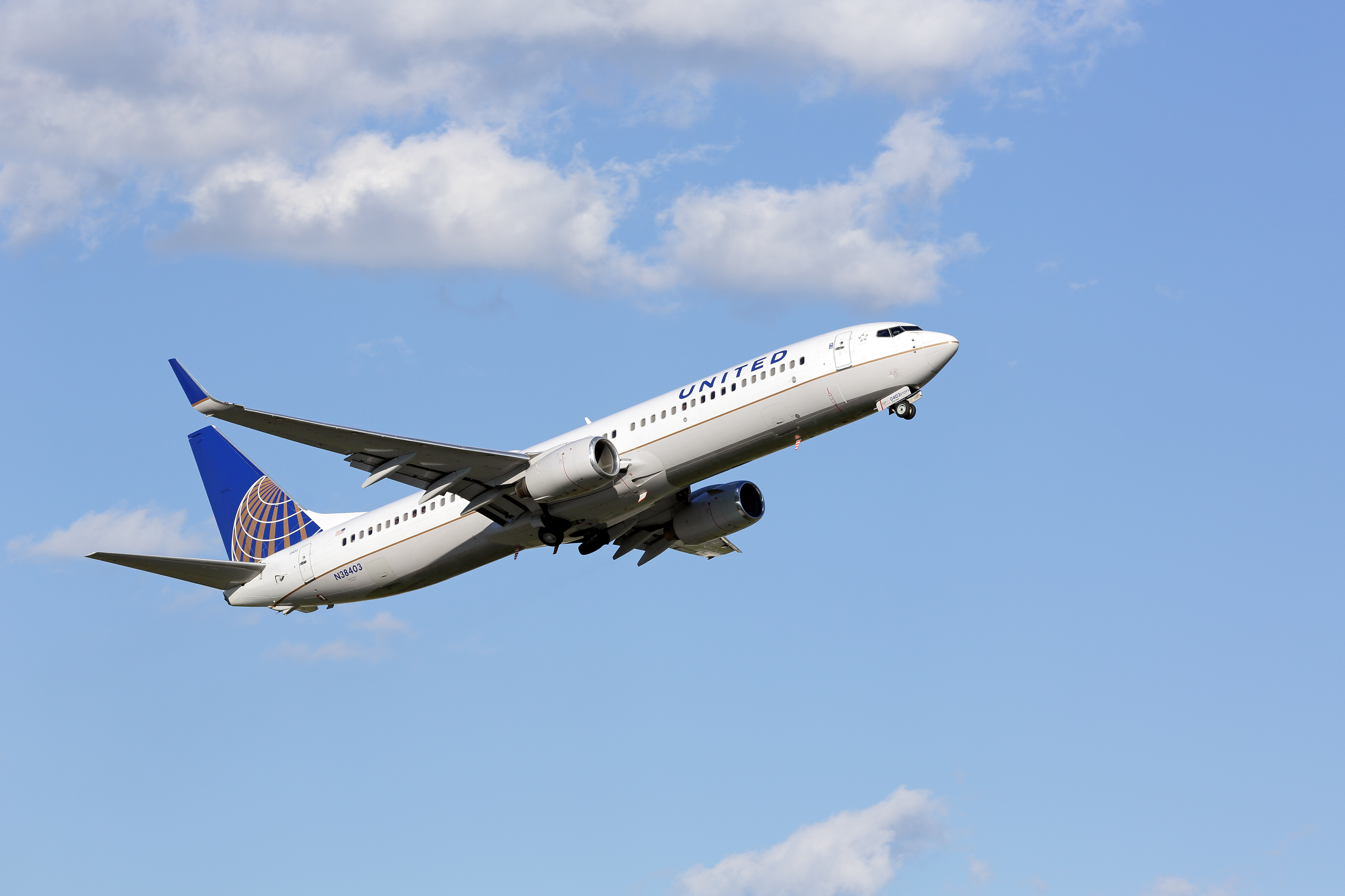Airlines are debuting yet another new fee
Here's what you should know about it — along with more of the week's best financial advice

A free daily email with the biggest news stories of the day – and the best features from TheWeek.com
You are now subscribed
Your newsletter sign-up was successful
Here are three of the week's top pieces of financial advice, gathered from around the web:
Airlines debut new fee
"There's a new snag at the airport catching fliers by surprise: the gate-service fee," said Scott McCartney at The Wall Street Journal. The new fee is being used by United and American "to discourage travelers who buy their cheapest fare, Basic Economy, from bringing a carry-on bag that doesn't fit under the seat." With these cheap fares, passengers don't have the right to store their bags in an overhead bin. If you try to bring anything that won't fit under your seat, either on purpose or because you didn't know about the restriction, you'll have to check it at the gate. That means you'll have to pay the standard baggage fee, usually $25 for your first checked bag, plus an additional $25 penalty. Altogether, the fees could wipe out the savings from buying a bargain fare.
The Week
Escape your echo chamber. Get the facts behind the news, plus analysis from multiple perspectives.

Sign up for The Week's Free Newsletters
From our morning news briefing to a weekly Good News Newsletter, get the best of The Week delivered directly to your inbox.
From our morning news briefing to a weekly Good News Newsletter, get the best of The Week delivered directly to your inbox.
Debit cards' unearned trust
Don't be so quick to whip out your debit card in place of a credit card, said Natalie Daher at CNBC. "Here's why: Most credit cards offer $0 fraud liability, meaning you won't be out any money" if you're a victim of fraud or theft. Debit card users, however, "may be liable for any lost money, depending on when the fraud was reported." Nevertheless, 66 percent of Americans say they're more likely to trust debit cards than credit cards, a mistake that could cost them. "A bad guy who gets ahold of a debit card can access real money from a real account," said Matt Schulz, a senior analyst at CreditCards.com. "If you're missing $500 for two days, it can cause some real hardship if you have bills due at that time."
Plan to retire early
The best retirement plans take into account the fact that you could end up leaving work earlier than you expect, said Anne Tergesen at The Wall Street Journal. While many Americans say they want to keep working past age 65, it's not always up to them. "Between 37 percent and 52 percent of retirees polled annually since 1991 by the Employee Benefit Research Institute say they left work before they had intended — often due to a health issue or job loss." Workers should have an emergency fund of three to six months' pay to help ease them into the transition to retirement. Long-term disability insurance, which typically covers about 60 percent of a disabled employee's salary, is also worth exploring. Many employers offer some form of long-term disability. Individuals can also buy it directly from an insurer.
A free daily email with the biggest news stories of the day – and the best features from TheWeek.com
-
 5 calamitous cartoons about the Washington Post layoffs
5 calamitous cartoons about the Washington Post layoffsCartoons Artists take on a new chapter in journalism, democracy in darkness, and more
-
 Political cartoons for February 14
Political cartoons for February 14Cartoons Saturday's political cartoons include a Valentine's grift, Hillary on the hook, and more
-
 Tourangelle-style pork with prunes recipe
Tourangelle-style pork with prunes recipeThe Week Recommends This traditional, rustic dish is a French classic